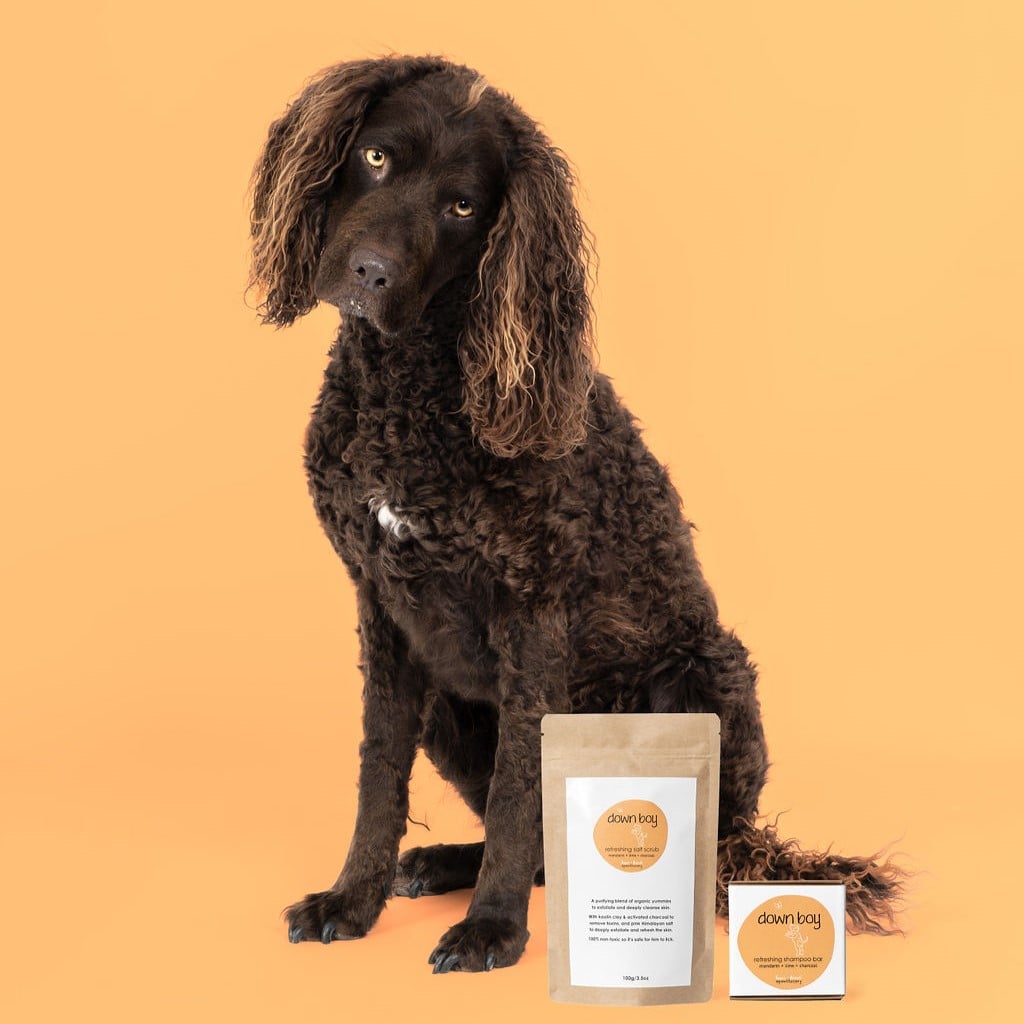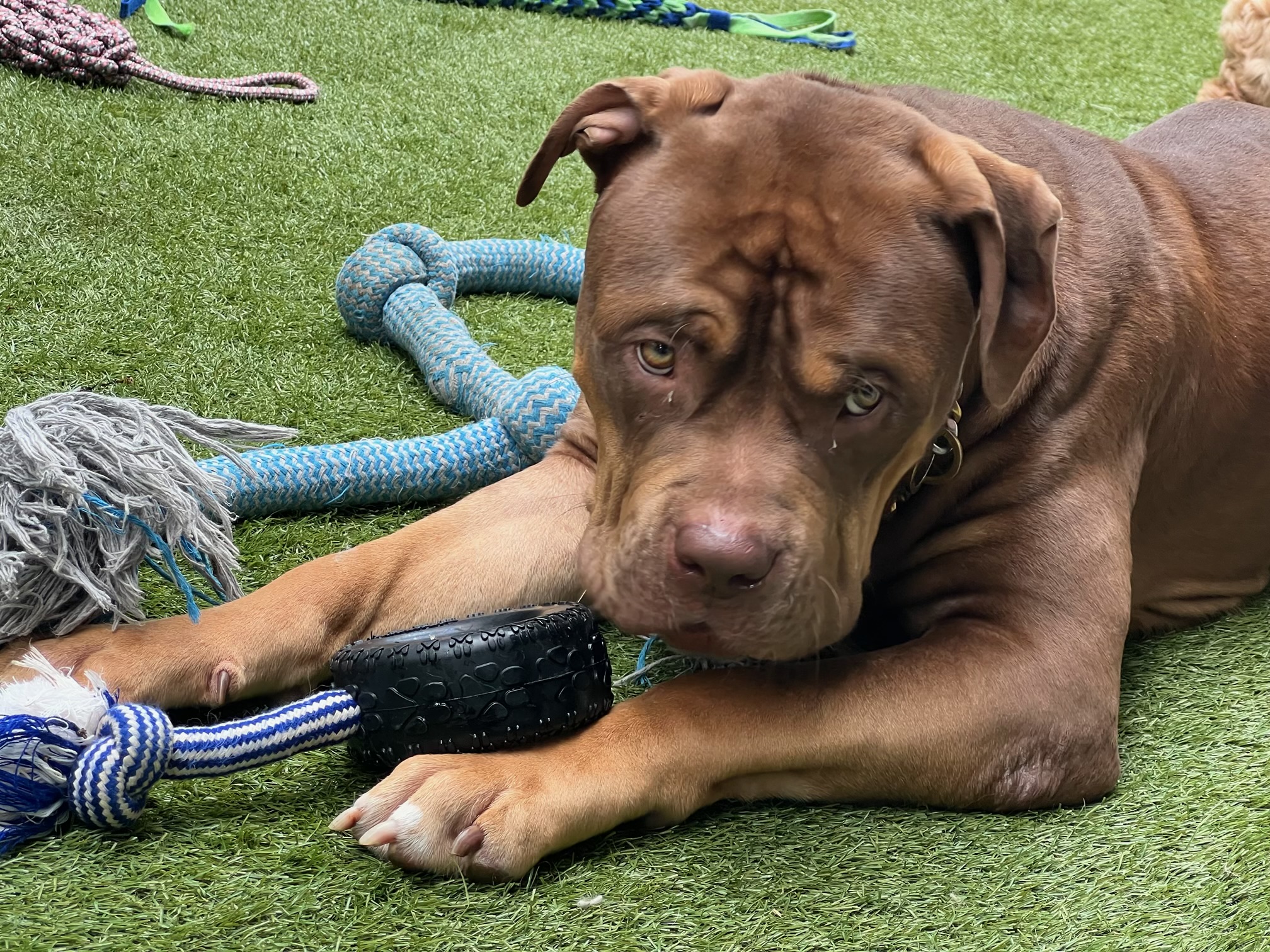
Anal Gland Issues in Dogs: What Does Diet Have to Do With It?
🐾 If you’ve ever seen your dog scooting across the floor, obsessively licking their rear, or showing signs of discomfort during bowel movements, you might be dealing with anal gland problems. While this issue is incredibly common, many dog parents don’t realize how closely it’s linked to diet and digestive health. Let’s explore the connection — and how the right foods can make all the difference. 💡 What Are Anal Glands, …


